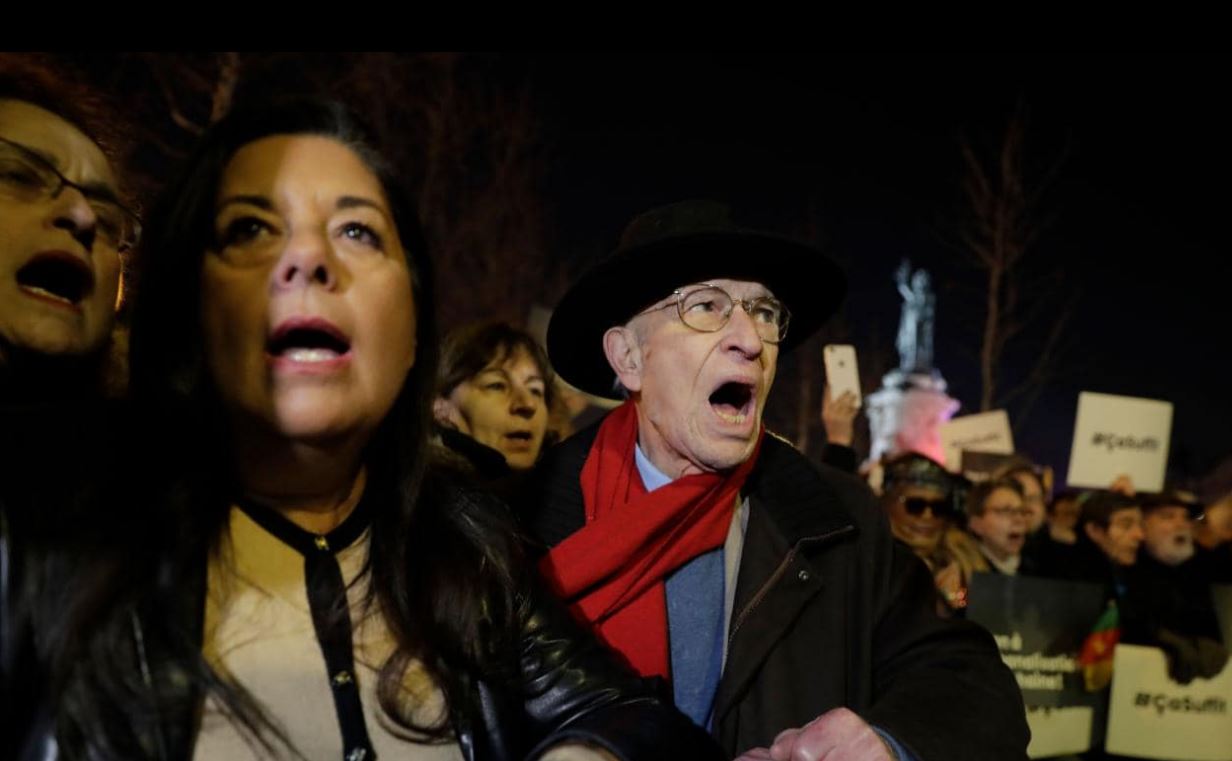In the ragged aftermath of the Second World War, a young Jewish Frenchman named Jean-Jacques Fraenkel travelled to Nice in order to find a particular hairdresser and kill her.
This Frenchwoman, he believed, had betrayed his mother to the Gestapo in 1943. By that time, his father had perished in Auschwitz. A year later, his mother would follow her husband to the gas chambers.
The orphaned Fraenkel never found the treacherous coiffeuse. He was told that the Resistance had already lynched her. More likely she simply vanished, her crimes erased by a deliberate, state-sanctioned national amnesia. France did not want to remember the role its citizens had played in the Holocaust, or admit the virulent French antisemitism that underpinned it.
“We French Jews fought two wars,” Fraenkel said a few years ago. “The first we fought alongside other French people against the Nazis, and we lost. The second, for recognition of what was done to us by our own countrymen, we are still fighting.”
This week the French president Emmanuel Macron told Jewish community leaders that antisemitism in France had reached its worst levels since the Second World War. Incidents have risen by 74 per cent in a year, according to government figures. This month alone, a swastika was painted on a street portrait of the Holocaust survivor Simone Weil, trees were uprooted commemorating a Jewish youth tortured to death in 2006, and “Juden” was scrawled on the window of a Paris bagel shop. Last Tuesday, 80 gravestones in a Jewish cemetery in eastern France were spray-painted with swastikas.
Read the article by Ben Macintyre in The Australian (from The Times).

